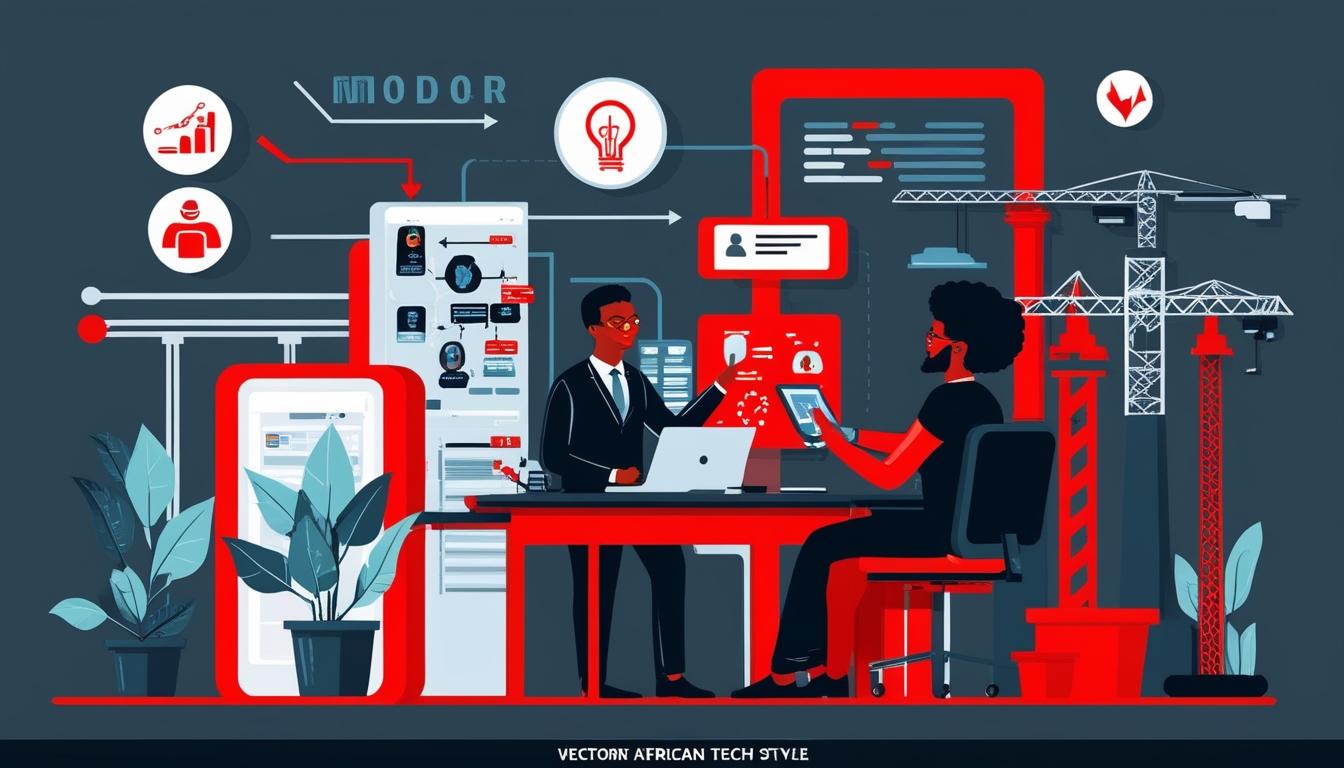In recent discussions surrounding the African tech ecosystem, there is a vibrant focus on how startups are actively working to retain tech talent amidst challenging global competition. The growth of technology firms in Africa has been met with the increasing necessity to understand and address the needs of tech professionals, who are often lured away by opportunities abroad. According to "Tech in Africa," startups are employing a multifaceted approach to combat talent attrition, centring on career development, competitive benefits, inclusivity, and infrastructure enhancement.
To effectively keep talent, African startups recognise the importance of establishing clear career paths and fostering mentorship programmes. MEST Africa stands out as a notable initiative, promoting nurturing environments where professionals can thrive through guidance and lifelong learning opportunities. Nicki Halle, a Client Partner, noted in her comments to "Tech in Africa" that the “commitment to offer cutting-edge and continuous learning opportunities is also an important retention tool to keep your tech talent up to date and to be able to innovate market-leading products."
Additionally, competitive benefits have been identified as a crucial component in enticing tech professionals to remain within local ecosystems. Startups are diversifying their offerings by including performance bonuses, stock options, flexible work arrangements, and comprehensive health coverage.
The push for more inclusive workplaces, particularly for women, is also a strong driver of tech talent retention. By building diverse teams and offering leadership opportunities to underrepresented groups, startups aim to enhance innovation potential and create a supportive work environment. Evidence suggests that companies featuring inclusivity at their core often experience greater success in keeping talent engaged.
Modern infrastructure represents another significant area of focus. Startups are investing in advanced tools and remote work systems that meet global standards, fostering a work culture that aligns with the evolving expectations of tech professionals. Commentators note that, with over $5 billion invested in Africa’s tech sector during 2022, professionals expect firms to provide access to modern resources that facilitate their professional growth.
Beyond Africa, the urgency of upskilling to meet the demands of AI technology is echoed in findings reported by "The HR Director Magazine." A stark 40% of tech workers believe their skills will become outdated within three years. This statistic highlights the pressing need for businesses to rethink workforce training and development methodologies as AI becomes increasingly central to operations.
The integration of AI into workplace practices introduces distinct challenges; employees must adapt to working alongside advanced technologies and learning to use data-driven insights effectively. The role of human resource (HR) departments is pivotal in this integration process, providing the necessary frameworks to support employees through the transition.
HR professionals can initiate successful AI training by identifying skill gaps, fostering collaboration among various departments, and creating tailored training programmes that reflect the distinct needs of each team. Starting with small pilot programs allows for iterative development based on feedback, ensuring training is both relevant and effective.
The importance of change management cannot be overlooked. As organisations embrace AI, addressing concerns and resistance among employees is crucial. Transparent communication, early engagement in the AI conversation, and equipping managers to act as change ambassadors are fundamental strategies for easing this transition.
Monitoring the success of AI training initiatives is essential, with metrics including participation rates, skill acquisition, and productivity improvements providing actionable insights. Establishing feedback loops will empower HR teams to continuously refine these training efforts based on employee experiences and emerging technology trends.
In conclusion, both African startups and broader organisations recognise that retaining tech talent and effectively integrating new technologies such as AI require a balanced approach that values professional growth, collaboration, and inclusive practices. The sustained development of technical skills and supportive workplace cultures will be paramount as the tech landscape in Africa and globally continues to evolve rapidly.
Source: Noah Wire Services
